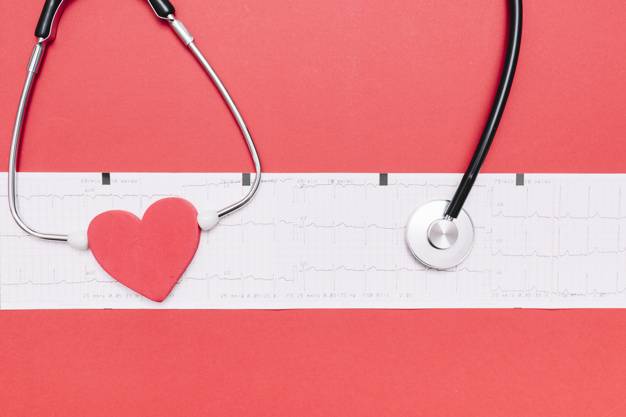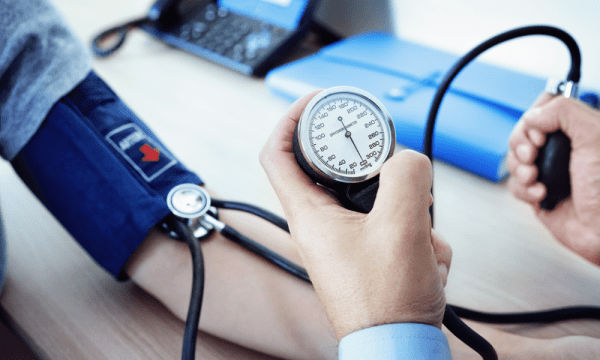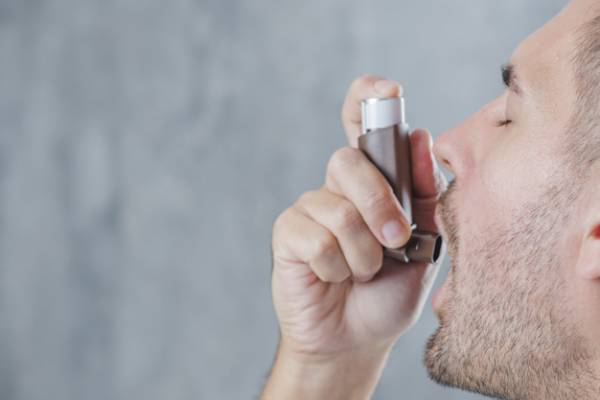What causes shortness of breath with heart palpitations?
Heart palpitations are defined as necessary and apparent heartbeats. Shortness of breath can, however, be caused by a variety of medical conditions, so it should be treated seriously. Shortness of breath or palpitations should be addressed by a doctor as soon as possible. When palpitations and shortness of breath occur together, they most likely have the following causes.

Causes of heart palpitations and shortness of breath:
Heart failure
Due to this, the heart does not work correctly, the blood is pumped very slowly, and not enough oxygen and nutrients reach the body’s organs. It can also be caused by a heart attack, kidney disease, diabetes, or high blood pressure.
These are some of the symptoms of heart failure:
Fatigue
White sputum production
nausea
Sudden weight gain
Chest pain
heart palpitations in Pregnancy and menopause
During this time, hormones fluctuate, and the heart rate rises. This is temporary and disappears when hormones calm down.
Coronary artery disease:
Plaques in the arteries that supply the heart reduce blood flow, which results in a lack of oxygen and nutrients for the heart.
Some of the symptoms of coronary arteries include:
nausea
Chest pain
Fast heart rate
Persistent and excessive sweating
Heart valve problems
The primary function of heart valves is to direct blood flow and prevent blood return. If the heart valve does not function properly, it puts a lot of pressure on the heart muscle, and if left untreated, it can cause heart failure.
Heart valve disease can cause the following symptoms:
Shortness of breath
Feeling of pressure in the chest.
Vertigo
Sudden weight gain
Taking some medications
Some medications, such as thyroid medications and asthma medications, can cause shortness of breath and palpitations.
Atrial heart disease:
An arrhythmia of the heart that increases the risk of stroke and heart attack.
Some of the symptoms of atrial fibrillation include:
The feeling of discomfort in the chest
Shortness of breath
The lightness of the head
Lack of energy and extreme fatigue
Unhealthy lifestyle
Adding additional factors to our daily routine causes shortness of breath and heart palpitations that must be eliminated or significantly reduced.
smoking
alcohol consumption
Excessive caffeine consumption
Heavy stress
Cardiac arrhythmia
When even the slightest disturbance occurs in the heart’s rhythm, it is a sign of an arrhythmia and should be seen by a doctor immediately.
Some of the symptoms of heart arrhythmia include:
The feeling of discomfort in the chest
Vertigo
Feeling overwhelmed
Lung disease
Excess fluid collects inside the lungs in this disease. This makes breathing difficult, which is usually caused by heart problems. When the heart is not functioning properly, it cannot receive enough blood from the lungs, causing breathing problems and heart palpitations.
Shortness of breath
Bruised skin
Fast heart rate
Frequent and persistent cough
Here are some other problems and diseases that can cause shortness of breath and heart palpitations:
Hyperthyroidism
Anemia
Low blood sugar
low blood pressure
A blood test prescribed by a doctor is one of the best ways to diagnose these diseases and problems.
Also Read:
What you need to know about a purulent sore throat
47 important reasons to take zinc tablets
Serious effects and dangers of energy drinks for body health



